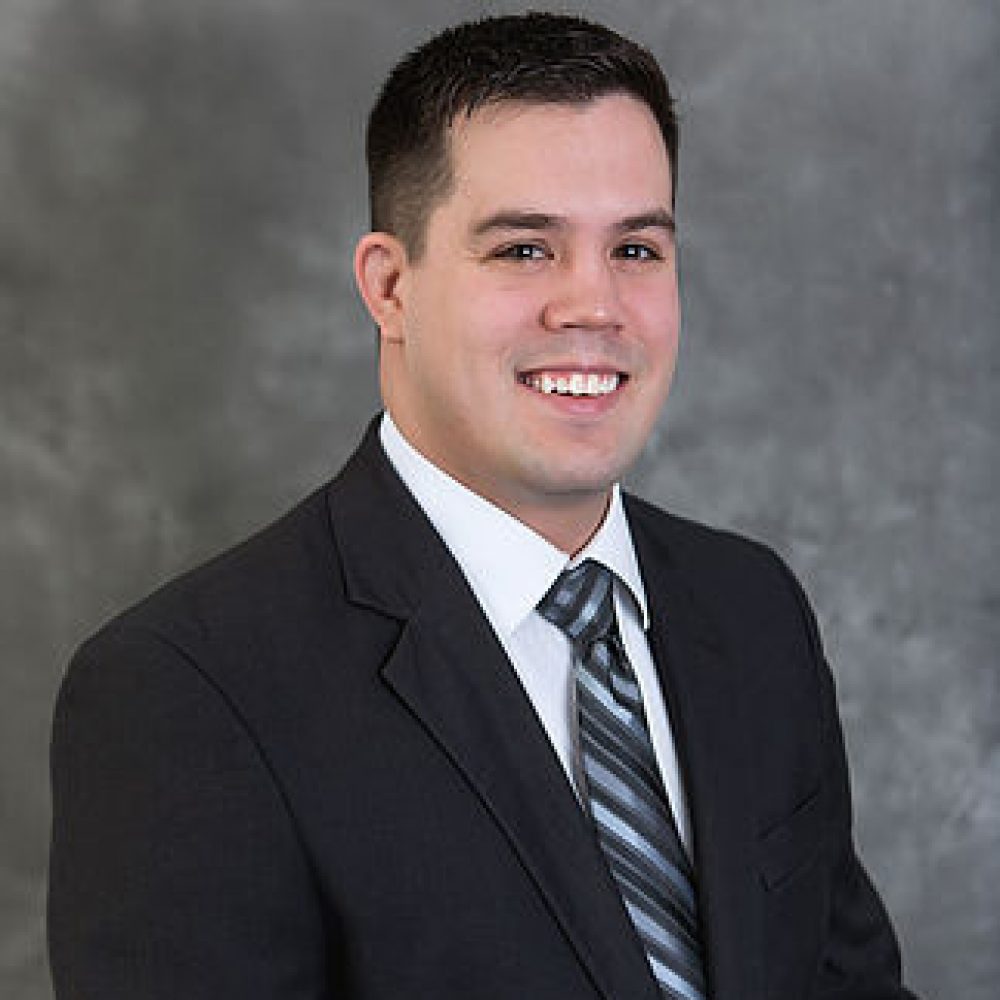NAMPA BAKRUPTCY ATTORNEY
BANKRUPTCY ATTORNEY SERVING THE PEOPLE OF NAMPA
- You are only making the minimum payments on your credit cards—and some months you are unable to even pay the minimum.
- The thought of sorting out your financial life makes you feel anxious, stressed, and out-of-control.
- You are not sure just how much you owe.
- You are using your credit cards to pay for your monthly necessities—food, car payments, gas and/or your mortgage payment.
- You are considering debt consolidation.
- In 2010, a total of 1,139,601 Chapter 7 bankruptcy cases were filed across the nation.
- Unemployment is, overwhelmingly, the primary reason people are forced to file bankruptcy, although about 50 percent of those who file bankruptcy have a significant medical event in their recent past.
- While the “average” age for person filing bankruptcy is 38, bankruptcy filers range from age 19 to 90 plus. Single women account for almost a third of all bankruptcy filings, single men for about a quarter, and couples for 44 percent.
- Contrary to popular belief, those who file bankruptcy generally have a higher education level than non-filers.
- Even among those whose sole reason for filing bankruptcy may not be medical bills or unemployment, divorce, medical bills and/or loss of a job is at least a factor in more than 90 percent of bankruptcy filings.
- Bankruptcy filings hit an all-time high in 2005, with one in every 55 households filing for bankruptcy. By 2006, the number of bankruptcy filings had dipped to the lowest point in 20 years. Following the 2008 bank debacle, bankruptcies skyrocketed once more.
- Nearly 40 years ago, in 1980, business bankruptcies accounted for about 13 percent of all filed bankruptcies, however today that number has dropped dramatically to about 3 percent.
- Because bankruptcy laws differ from state to state—and because some states are more heavily populated—some states have far more bankruptcy filings than others. In 2011, California was at the top of the list, making up 17 percent of the total number of bankruptcies across the nation (Florida, Georgia, Illinois and Ohio followed California to round out the top 5).
For a Chapter 7 bankruptcy filing, you can expect it to show on your credit report for ten years. The same is true of Chapter 11 and Chapter 12 bankruptcies, although a Chapter 13 bankruptcy remains on your credit report for only 7 years.
Let’s begin with what debts cannot be discharged in an Idaho bankruptcy. These debts include:
- Income tax debt from the past three years and all other tax debts;
- Student loans (unless you can show it would be a severe hardship for you to repay the loans);
- Any debt you neglected to list in your bankruptcy papers;
- Any traffic ticket fines, fees and penalties, criminal restitution, or other fines, fees and penalties for violations of the law;
- Any debt for personal injury or death incurred as a result of your driving while impaired, and
- Any spousal support obligations or back child support obligations.
If a creditor challenges your request to discharge any of the following in a Chapter 7 Caldwell, Idaho bankruptcy, then they may not be dischargeable: Any cash advance or loan exceeding $1,150 which was taken out within 60 days of your bankruptcy filing, any credit purchase for a luxury item or service which totals $1,150 or more, and was made within 60 days of your bankruptcy filing, any debt you owe due to fraud on your part, any debt you owe as a result of willful or malicious injury to another person or another person’s property, any debt you owe under a settlement or divorce decree, and any debt you owe as a result of breach of trust, larceny or embezzlement.
Bankruptcy exemptions you are entitled to include:
- Any real property or mobile home up to $100,000 in value;
- Death or disability benefits, group life insurance benefits, medical or hospital care benefits;
- Spousal support and child support;
- Business partnership properties;
- Liquor licenses;
- Some pensions;
- Appliances, family portraits, musical instruments, pets, furniture, clothing, books, sentimental heirlooms up to a $7,500 total (this amount is doubled for married couples), as well as building materials, burial plots, necessary health aids, up to $1,000 in jewelry, equity in an automobile worth up to $7,000, one firearm and certain other necessary benefits.
If you are considering filing for bankruptcy in Caldwell, Idaho, it is important that you have experienced legal representation to help you through the process. Contact Joe Frick Law, PLLC today.


